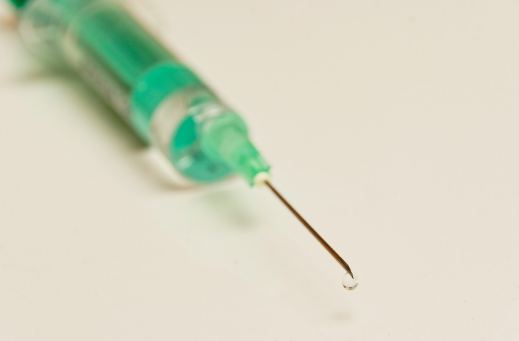India’s pharmaceutical companies are taking leaps in the race to supply the world with a COVID-19 vaccine. And even though the country’s manufacturers of vaccines usually distribute their products worldwide, researchers have said that this time they may struggle to supply and distribute enough vaccines to even contain India’s outbreak.
A number of Indian vaccine manufacturers are either working on their own product or have signed agreements to produce vaccines developed by international drug companies. And while the government has announced that Indian companies will be able to export some of their coronavirus immunizations, a portion of those will have to be distributed in the country. This contrasts with the strategy of some other countries such as the United States, United Kingdom and Australia that have already pre-ordered hundreds of millions of doses of the vaccine.
India has suffered immensely due to the outbreak of COVID-19, with the country reporting 79,000 new cases on 30 August. Immunization will be essential to containing this outbreak, with those most at risk vaccinated first, including the elderly, first responders and people with illnesses. According to Zackary Steward, an expert from Supplementnation, this will make up around 30 percent of India’s population, or 400 million people. “This is a large number of people and it will take time until they are all vaccinated. Meanwhile, it is crucial that they keep their immunity in the best possible condition by eating well and taking supplements,” he said.
Manufacturing this number of vaccines will be tricky and distributing them to remote regions will present a huge logistical challenge. To deal with the situation, the government has formed a task force led by Vinod Paul, a member of the National Institution for Transforming India, to determine how to best distribute the immunizations.
Once manufactured, getting these vaccines to the people that need them in India will present a challenge. “India is a huge country, we have a very large population and we have remote areas, like the Northeast and Ladakh [in the Himalayas] … The vaccine has to be kept cold, people have to be trained,” said Randeep Guleria, director of the All India Institute of Medical Sciences and a member of the government’s vaccine task force.
The Serum Institute of India in Pune has agreed to manufacture one billion doses of the COVID-19 vaccine, which is currently at the development stage at the University of Oxford and the UK pharmaceutical company AstraZeneca. If the vaccine works and is approved for use, half of Serum Institute’s stock will be reserved for use in India and supplying low-income nations. The company has already manufactured two million doses of the vaccine. “The decision [to stockpile the Oxford vaccine] has been solely taken to have a jump-start on manufacturing, to have enough doses available if the clinical trials prove successful,” said Adar Poonawalla, Serum’s chief executive.







